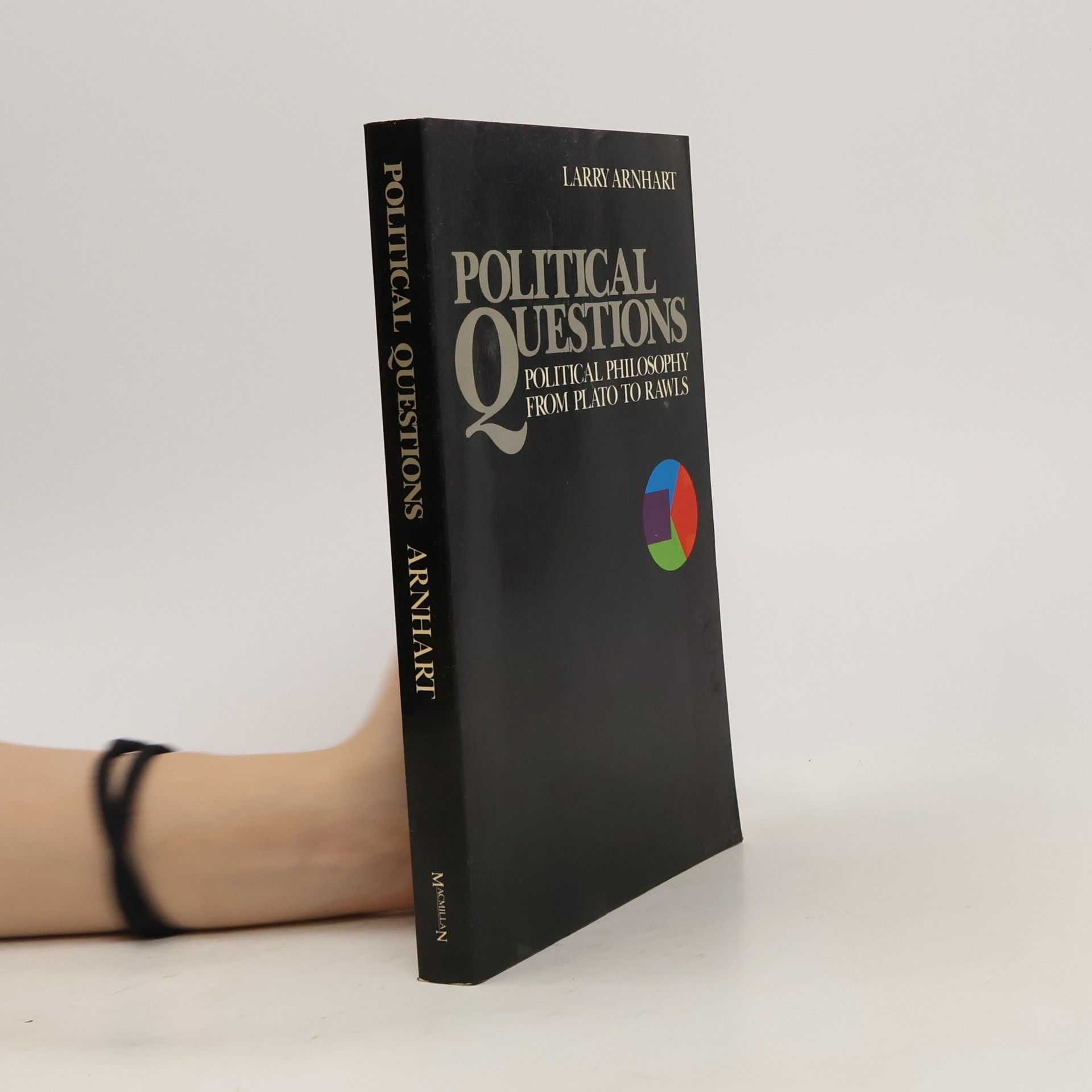Organized around a series of enduring and provocative political questions, this edition of Arnhart's engaging treatment of political thought features the works of thirteen philosophers ranging in scope from antiquity to the present: Plato, Aristotle, Augustine, Aquinas, Machiavelli, Descartes, Hobbes, Locke, Rousseau, Hegel, Marx, Nietzsche, and Rawls. The questions presented are designed to illuminate issues in American politics while encouraging students to examine the nature and substance of their own political beliefs. Ideas from the natural and social sciences—including sociobiology, game theory, cultural anthropology, and developmental psychology—are introduced and applied to classic philosophical texts. Detailed notes provide references and sources. Title of related interest also available from Waveland Press: Nelson, Western Political Thought: From Socrates to the Age of Ideology, Second Edition (ISBN 9781478627630).
Larry Arnhart Livres
